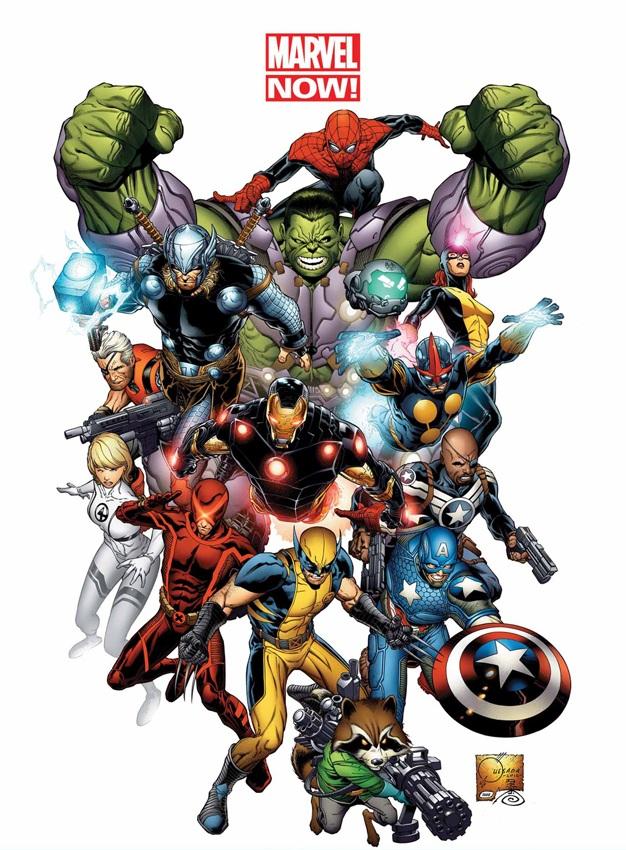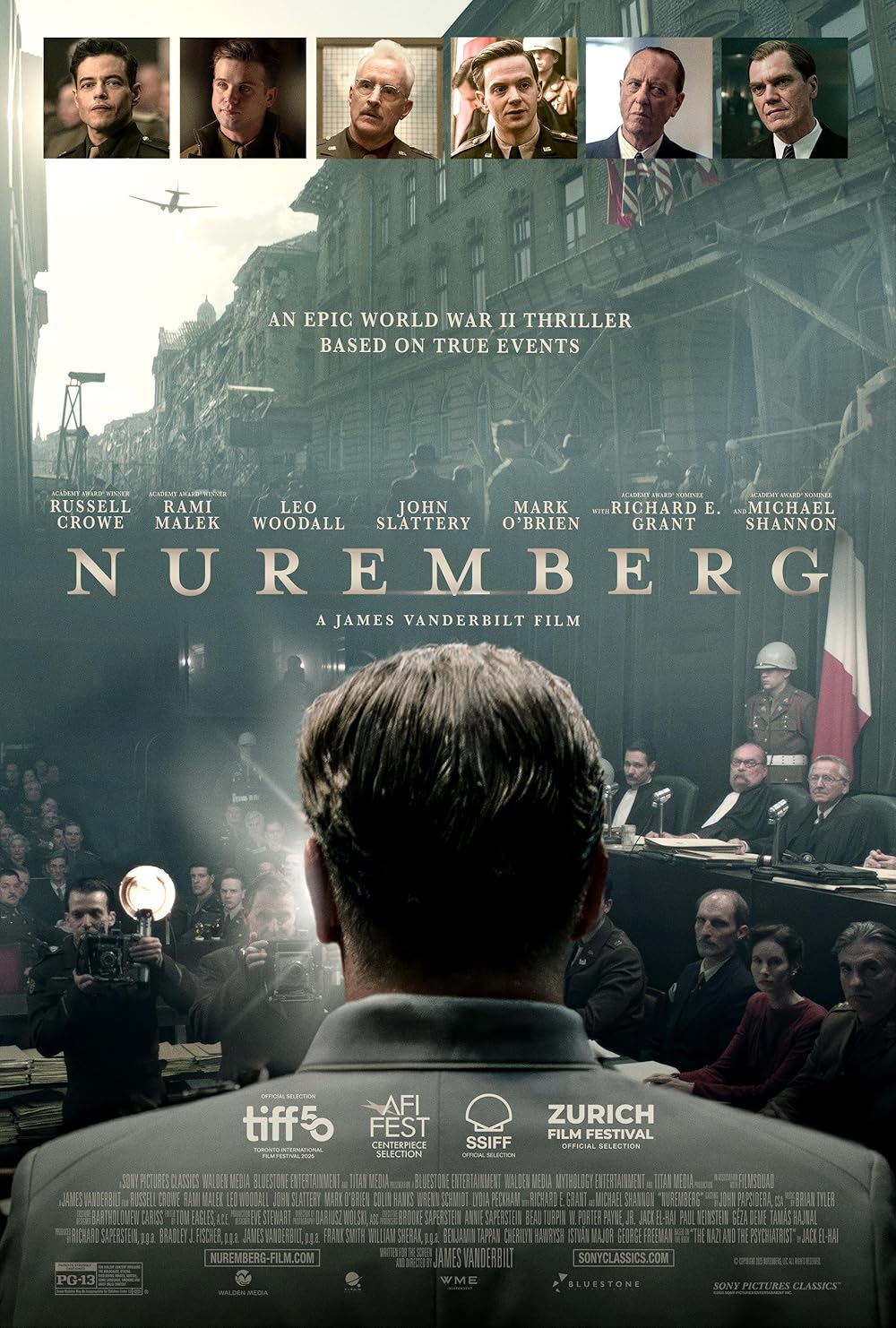
Introduction
Marvel movies have transcended the realm of cinema to become a significant part of popular culture over the last decade. Beginning with the release of Iron Man in 2008, the Marvel Cinematic Universe (MCU) has showcased the ability of comic book adaptations to create a unified narrative and a devoted fan base. As we examine the trajectory of Marvel movies and their implications on film and society, it’s crucial to appreciate their growing influence in shaping contemporary filmmaking.
The Rise of the Marvel Cinematic Universe
Following the success of Iron Man, Marvel Studios embarked on an ambitious journey to create interconnected films that culminate in larger story arcs. The MCU expanded rapidly with hit films such as The Avengers (2012), Black Panther (2018), and Spider-Man: No Way Home (2021). Through cutting-edge special effects and intriguing character development, audiences were captivated by the complex interplay among superheroes and their struggles against villains. The MCU not only garnered record box office sales—over $23 billion worldwide as of early 2023—but also revitalised interest in comic books and superhero narratives, paving the way for a wider acceptance of such genres in mainstream cinema.
Representation and Diversity in Marvel Movies
Another significant aspect of Marvel movies is their strides toward representation and inclusion. With characters like T’Challa in Black Panther and Kamala Khan in Ms. Marvel, the MCU has made meaningful efforts to reflect a broader range of experiences and identities. This has been particularly important in increasing visibility for underrepresented groups within the comic book landscape. The narrative of a more inclusive superhero universe not only resonates with diverse audiences but also encourages dialogue about social issues, such as race, gender, and belonging.
The Future of Marvel Movies
As Marvel continues to expand its universe with new projects and characters, the landscape of superhero narratives remains dynamic and ever-evolving. Upcoming titles like Fantastic Four and Blade are anticipated to further enrich the MCU while tackling contemporary themes. Furthermore, the introduction of Disney+ series has allowed for deeper exploration of character backstories and connections, showing that not only big screen releases but also streaming platforms will play crucial roles in the future of Marvel storytelling.
Conclusion
Marvel movies represent more than just entertainment; they are a cultural phenomenon that has influenced various facets of society. As the cinematic landscape continues to develop, the impact of Marvel films will likely remain significant, with ongoing discussions about representation, storytelling, and the role of cinema in reflecting our world. For audiences and filmmakers alike, the journey of Marvel movies offers invaluable insights into the power of storytelling within modern culture.
You may also like

How Many Episodes Will Welcome to Derry Have?

The Enduring Legacy of Sylvester Stallone
